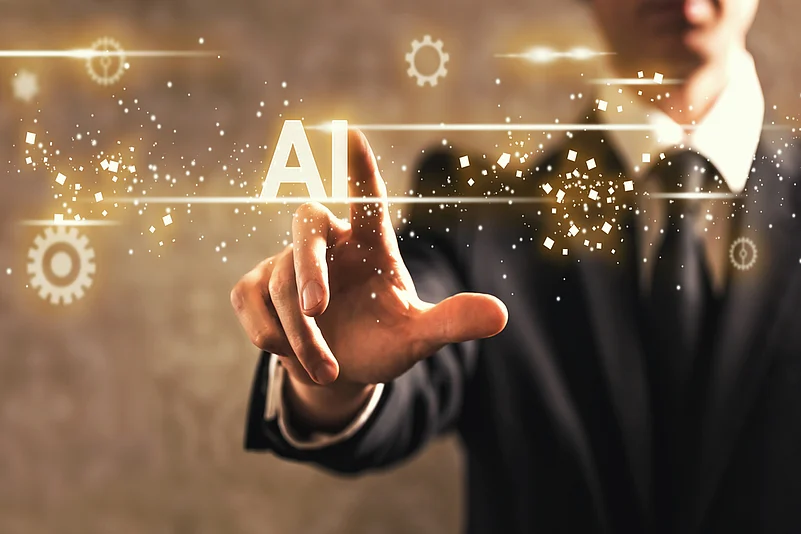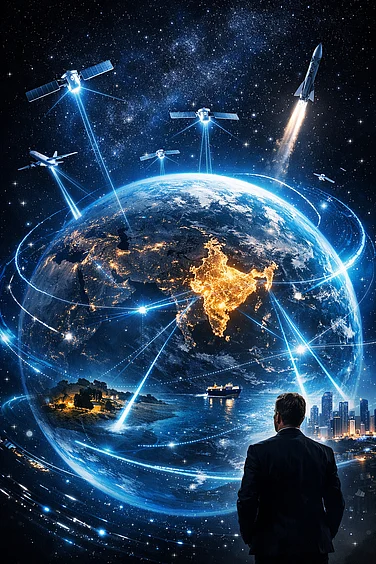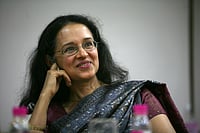British economist, John Maynard Keynes once remarked, “In the long run we are all dead.” Who knew at that time that his quote would go on to hold currency in the current scenario? The reality is that the current technological transition is a long drawn one– and some will find that they do not have the requisite skills demanded in the new paradigm, but this massive transformation will offer a range of benefits as well. It depends on the lens one wears.
In a recent summit organised by NXP India, a panel discussion on ‘AI for a smart and connected world’ was held last week. The summit saw participation from eminent tech industry leaders who debated the role of Artificial Intelligence (AI) in the smart and connected world. Interesting anecdotes and use cases of AI were discussed.
Speaking on the role and future of AI, Sanjay Gupta, Vice President and India Country Manager, NXP, said, “With the advent of AI, there are plenty of opportunities for start-ups to emerge in this country. On the ethical front, there will be development of systems, which are trained to think ethically, so that they are a viable part of the society and become friends of the human race. The country is at the right cusp of progression at the right time, so we should innovate to make India a better and smarter country with a culture of innovative thinking.”
According to the India Fintech Report 2019, there has been almost three-fold growth in the number of fintech startups during 2015-2018. More than 1,300 new startups were added to the base number of over 730 already in practice. Many of these fintech firms are using Artificial Intelligence (AI) to automate the lending process and reducing risk by mapping previous payments behaviours of borrowers.
Jaswinder Ahuja, Corporate Vice President and India Managing Director, Cadence Design Systems, said, “Today we have image recognition technology which recognizes objects and relationship between objects to an extent. For the future, there is a lot of research, which is being done to recognise emotions and predict behaviours, which would have many real-world applications.”
On the employment front, according to a 2017 McKinsey report, by 2030 one-third of work activities could be displaced by automation. Some countries, industries and professions are more susceptible to these risks, which means these changes will lead to redistributive effects. That is, AI is expected to lead to increased economic inequality both across and within countries.
However, almost every panelist were of the opinion that AI will create a new section of jobs and will not destroy jobs, but that learnability will play an important factor in making this shift happen. The role of AI in India’s defence and financial technology systems were also discussed along with many other possibilities.
Kanwal Rai, Entrepreneur, Author, Product Leader, technology Innovation Advisor, said, “I would prefer to call AI as “aided intelligence” instead of “Artificial intelligence”. AI could be brought in to aid cognitive tasks where human beings are less predictable, less consistent and less efficient compared to the artificial agents, algorithms and machines.”































